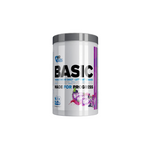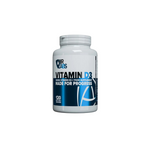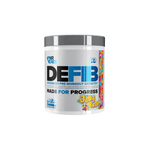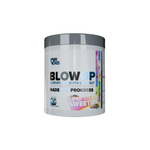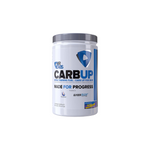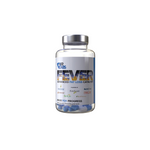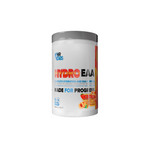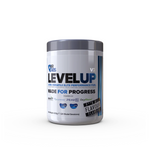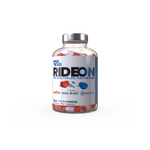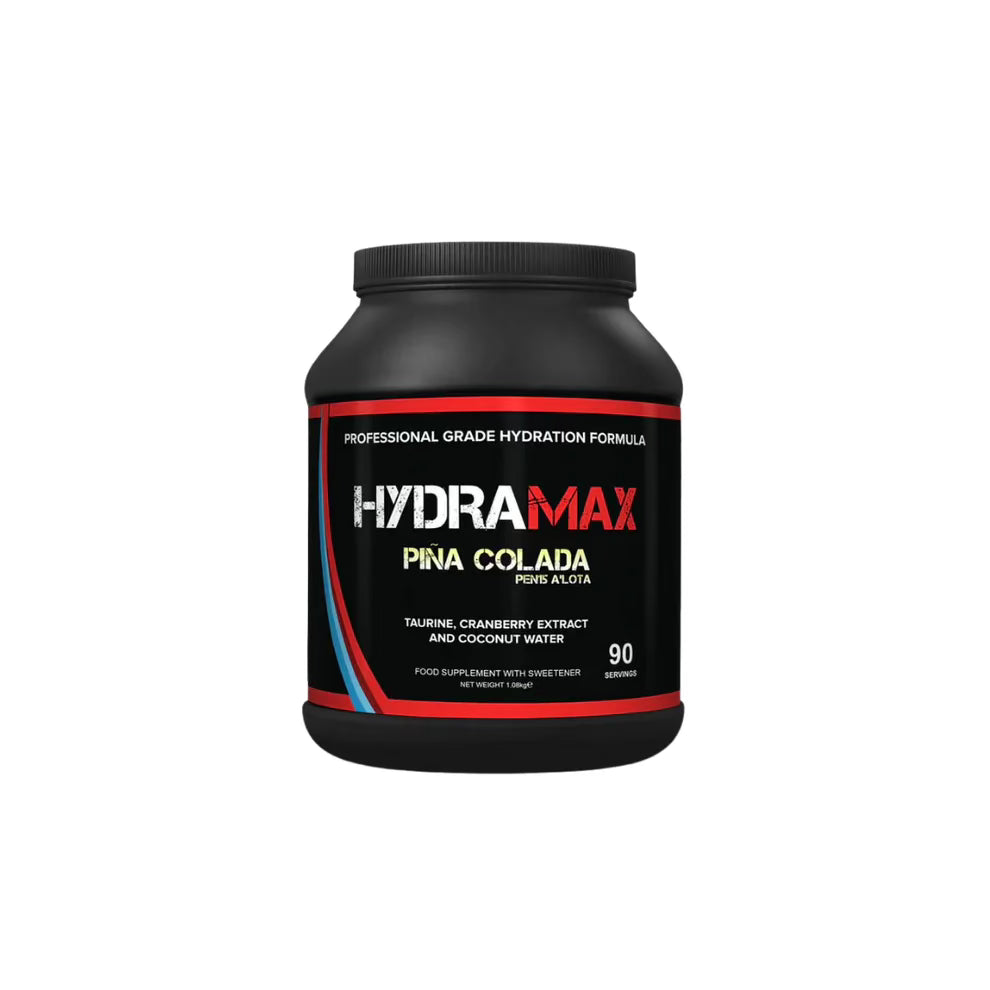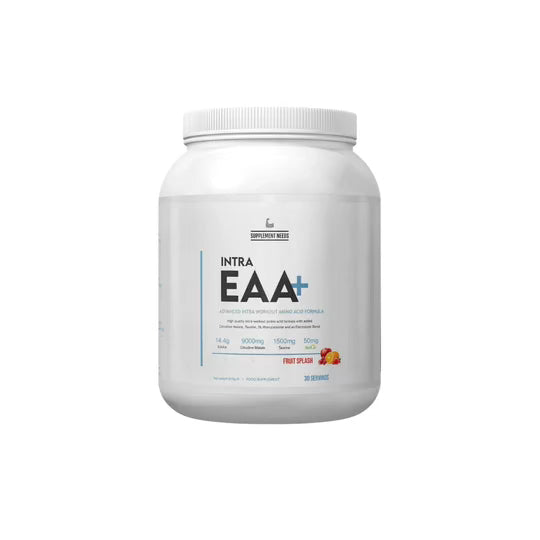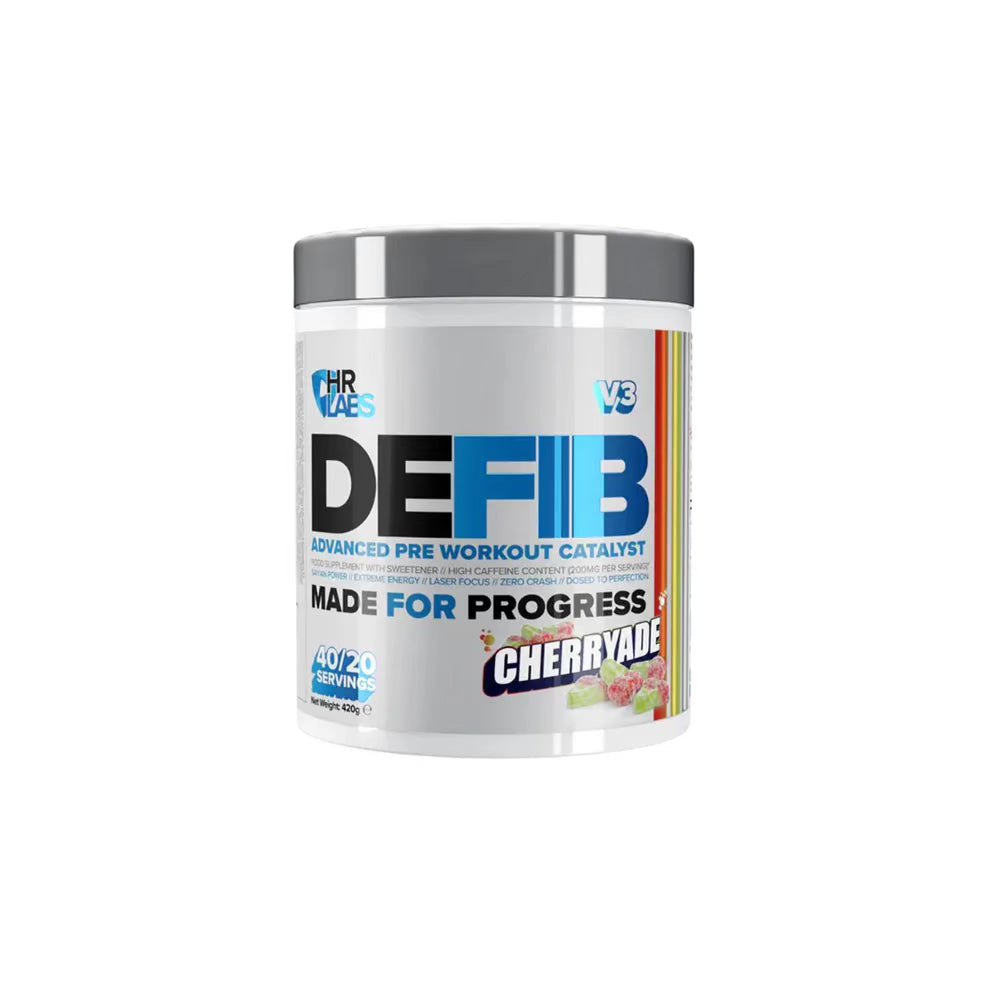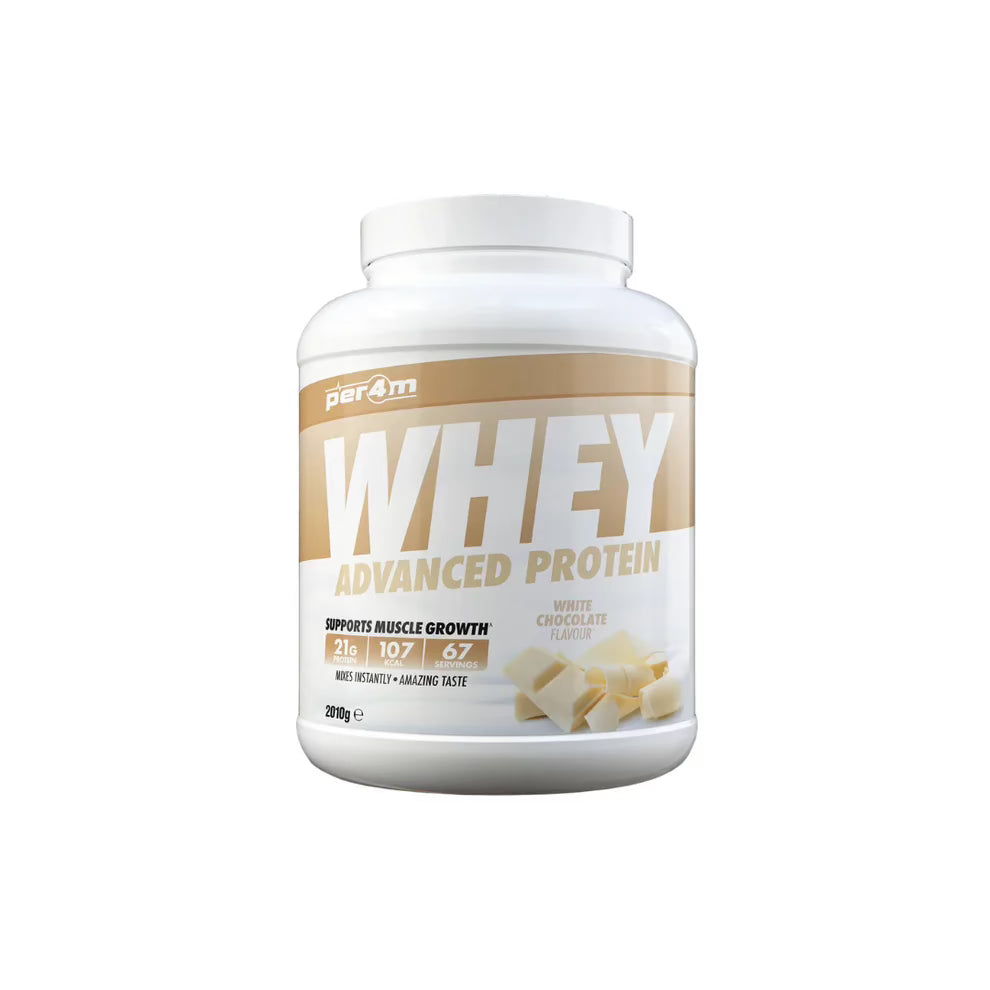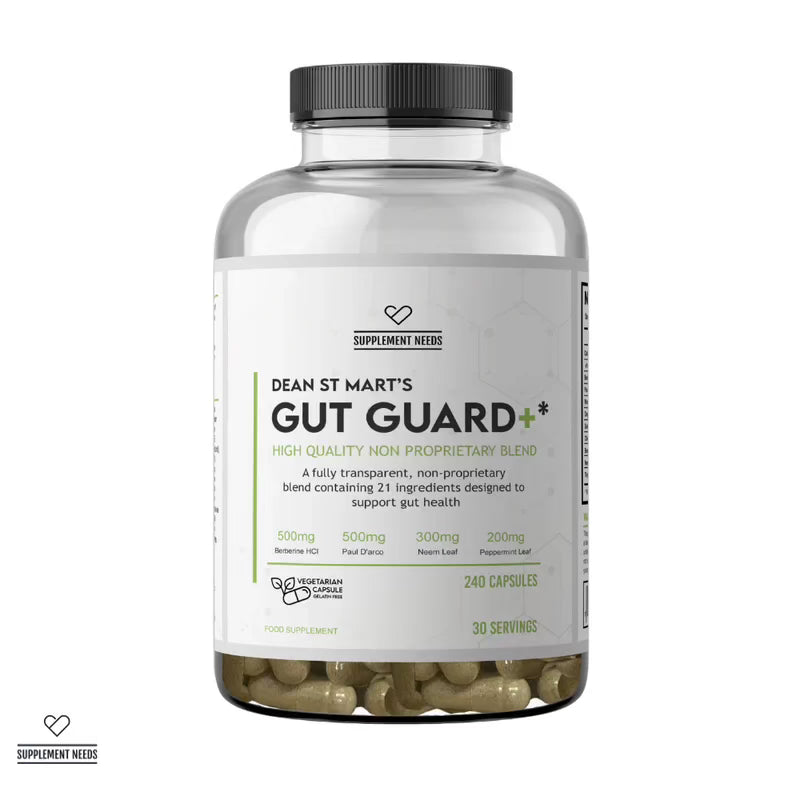Who takes supplements?
We know that people often wonder whether or not they should be taking certain supplements, and sometimes it can be beneficial for us to see what other people are doing. Whilst it does not necessarily make it right to do if lots of people are doing it, athletes are often very conscious of their health, and it can be beneficial to see what other athletes are doing. So, we’ve put together a statistics page, showing you some interesting facts about whose taking certain supplements.
Creatine
- In a poll of elite men and women athletes conducted by The Independent newspaper, nearly 57% of athletes admitted to taking creatine
- 12% of male athletes were found to take creatine in a study by Sundgot-Borgen et al. [2003]
- 3% of female athletes were found to take creatine in a study by Sundgot-Borgen et al. [2003]
- 8% of bodybuilders were found to take creatine in a study by Karimian & Esfahani [2011]
Full boar recommended creatine:
Protein
- 5% of athletes use protein as a supplement (Jovanov et al. 2019)
- 2% of male athletes uses protein as a supplement (Jovanov et al. 2019)
- 8% of female athletes use protein as a supplement (Jovanov et al. 2019)
- Whilst we don’t have stats on bodybuilders in particular, it’s safe to say that all of our athletes at Full Boar Sports use some form of protein.
Full boar recommended proteins:
EAA
- 2% of athletes use EAA as a supplement (Jovanov et al. 2019)
- 3% of male athletes uses EAA as a supplement (Jovanov et al. 2019)
- 7% of female athletes use EAA as a supplement (Jovanov et al. 2019)
Full boar recommended EAA:
Pre-workout
- 4% of athletes use pre-workout as a supplement (Shoshan & Post [2021])
Full boar recommended pre-workout:
Supplements
- 71% of adults polled in the US (170 million) take dietary supplements.
- 59% of elite athletes take dietary supplements.
- The most popular supplements amongst athletes are protein powder and vitamins and minerals (Jovanov et al. 2019).
References
- The Independent. (1998). Drugs In Sport Survey: Creatine: anatomy of a `miracle’ substance. [online] Available at: https://www.independent.co.uk/news/drugs-in-sport-survey-creatine-anatomy-of-a-miracle-substance-1189957.html [Accessed 13 Apr. 2022].
- Karimian, J. and Esfahani, P.S. (2011). Supplement consumption in body builder athletes. Journal of Research in Medical Sciences: The Official Journal of Isfahan University of Medical Sciences, [online] 16(10), pp.1347–1353. Available at: https://pubmed.ncbi.nlm.nih.gov/22973330/ [Accessed 13 Apr. 2022].
- Jovanov, P., Đorđić, V., Obradović, B., Barak, O., Pezo, L., Marić, A. and Sakač, M. (2019). Prevalence, knowledge and attitudes towards using sports supplements among young athletes. Journal of the International Society of Sports Nutrition, 16(1).
- Sánchez Oliver, A., Miranda León, M.T. and Guerra-Hernández, E. (2011). Prevalence of protein supplement use at gyms. Nutricion Hospitalaria, [online] 26(5), pp.1168–1174. Available at: https://pubmed.ncbi.nlm.nih.gov/22072369/ [Accessed 6 Aug. 2021].
- Garthe, I. and Maughan, R.J. (2018). Athletes and Supplements: Prevalence and Perspectives. International Journal of Sport Nutrition and Exercise Metabolism, [online] 28(2), pp.126–138. Available at: https://journals.humankinetics.com/view/journals/ijsnem/28/2/article-p126.xml#d4106024e379.
- Shoshan, T. and Post, E. (2021). Prevalence of Protein and Pre-Workout Supplement Use among High School Football Players and Potential Product Contamination. Global Pediatric Health, 8, p.2333794X2110312.

